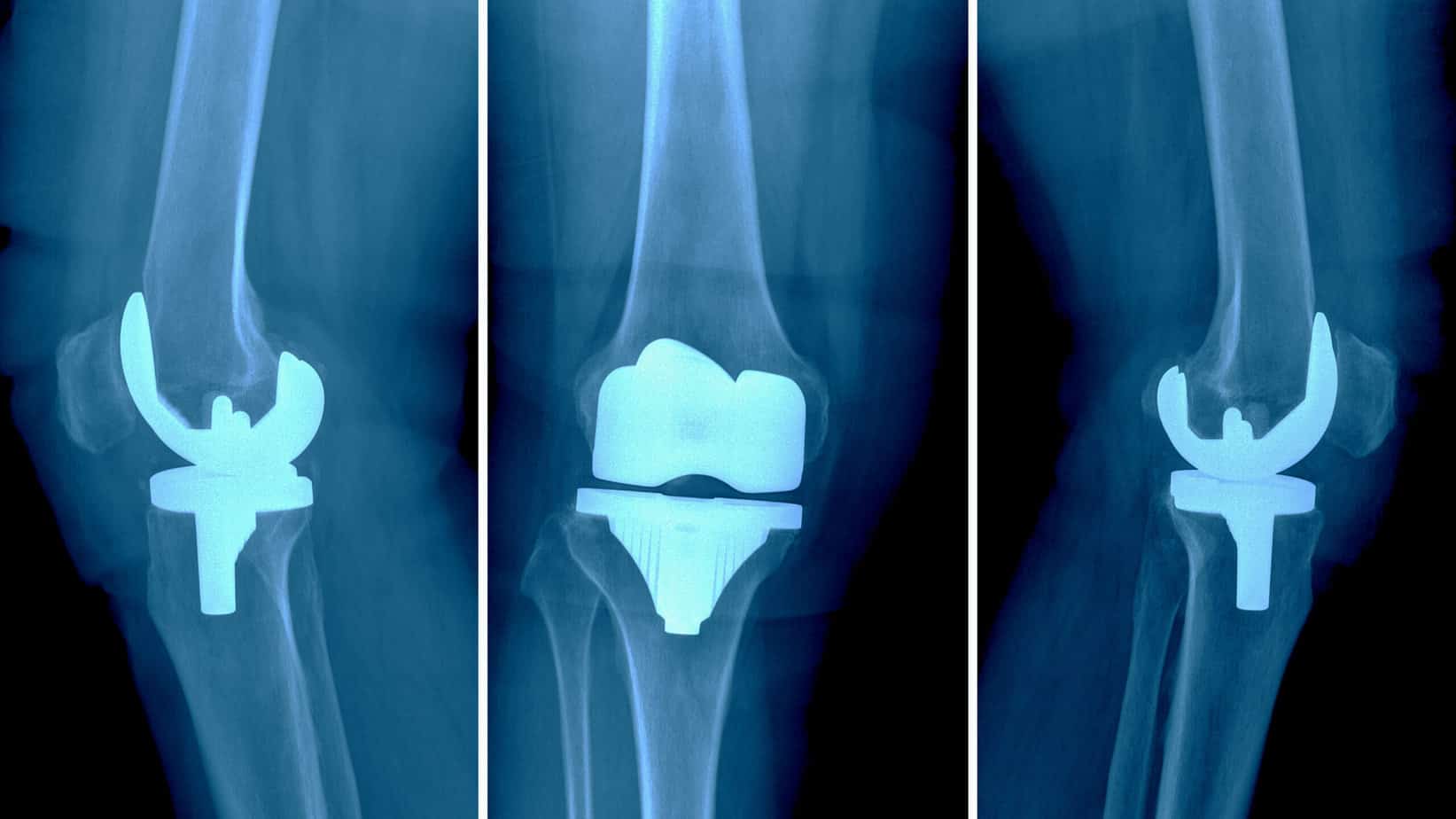At RegeneVive Health and Wellness, we understand the challenges associated with knee replacement surgery and the potential for nerve pain post-operation. Our team is dedicated to providing comprehensive care and support to help you manage and alleviate nerve pain effectively. Below, we’ve compiled essential information and strategies to assist you in navigating this aspect of your recovery journey.
Understanding Nerve Pain After Knee Replacement
Nerve pain following knee replacement surgery, also known as neuropathic pain, can manifest in various forms, such as burning, tingling, or shooting sensations. This type of pain often originates from damaged or irritated nerves in the surgical area and can significantly impact your quality of life during the recovery process.
What Helps Nerve Pain After Knee Replacement? Some Options to Consider
- Medication Management: Your healthcare provider may prescribe medications to help alleviate nerve pain. These may include nonsteroidal anti-inflammatory drugs (NSAIDs), neuropathic pain medications, or opioids. It’s crucial to follow your doctor’s instructions carefully when taking these medications. Also, one thing to consider is that while this option is very popular due to ease of use, it’s not a long-term solution. NSAIDs can have some pretty nasty side effects when used over time, and they’re best suited for short-term use only.
- Physical Therapy: Engaging in a tailored physical therapy program can help improve mobility, strengthen muscles around the knee joint, and reduce nerve pain. Your physical therapist will guide you through exercises designed to target specific areas of discomfort while promoting overall healing.
- Ice and Heat Therapy: Alternating between ice packs and heat therapy can provide temporary relief from nerve pain and reduce inflammation in the affected area. Apply ice packs for 15-20 minutes several times a day during the initial stages of recovery, and gradually introduce heat therapy as directed by your healthcare provider.
- Transcutaneous Electrical Nerve Stimulation (TENS): TENS therapy involves the use of low-voltage electrical currents to stimulate the nerves and disrupt pain signals. This non-invasive treatment option can be beneficial for managing nerve pain after knee replacement surgery when used under the guidance of a healthcare professional.
- Mind-Body Techniques: Practices such as mindfulness meditation, deep breathing exercises, and guided imagery can help reduce stress and promote relaxation, thereby indirectly alleviating nerve pain. Incorporating these techniques into your daily routine can contribute to overall well-being during the recovery process.
Sign Up And Enjoy the Free Ebook, 'Start Alleviating Your Neuropathy Today by Learning This!'

When patients visit our clinic, our doctors recommend they do all of these things to alleviate their symptoms. Right now, you can download the ebook for free to learn more about how to start changing your habits and improve your condition. It costs nothing, and you’ll get it delivered to your inbox immediately.
Nutritional Strategies for Managing Inflammation:
A crucial aspect of managing nerve pain and inflammation after knee replacement surgery involves adopting a balanced and anti-inflammatory diet. Certain foods possess properties that can help mitigate inflammation and promote healing within the body. Incorporating a variety of nutrient-rich foods, such as fruits, vegetables, whole grains, and lean proteins, can provide essential vitamins, minerals, and antioxidants to support tissue repair and reduce inflammation. Foods high in omega-3 fatty acids, such as fatty fish (salmon, mackerel, and sardines), flaxseeds, and walnuts, have been shown to possess anti-inflammatory properties and may help alleviate discomfort associated with nerve pain. Additionally, limiting the consumption of processed foods, sugary snacks, and saturated fats can help minimize inflammation and support overall health during the recovery process.
Stem Cell Therapy for Inflammation and Nerve Pain:
Stem cell therapy has emerged as a promising treatment option for managing inflammation and nerve pain following knee replacement surgery. This innovative approach involves the use of mesenchymal stem cells (MSCs), which have the potential to differentiate into various cell types and exert anti-inflammatory and regenerative effects within the body. By harnessing the regenerative properties of stem cells, researchers aim to promote tissue repair, reduce inflammation, and alleviate nerve pain associated with surgical procedures.
Stem cell therapy holds the potential to address underlying factors contributing to nerve pain and inflammation, offering a promising avenue for enhancing the recovery process and improving overall outcomes for patients undergoing knee replacement surgery. Our team has utilized stem cell therapy to help manage and even in some cases eliminate the symptoms of nerve pain completely, like with our patient Jim Dickson. To learn more about his amazing turnaround utilizing stem cell therapy to combat his neuropathy, check out the videos below.
Get a Free Consultation to Learn More About Stem Cells for Nerve Pain After Knee Replacement Surgery
At RegeneVive Health and Wellness, our experienced medical team is dedicated to providing personalized care and support to help you manage nerve pain effectively after knee replacement surgery. We encourage you to schedule a consultation with one of our specialists to discuss your specific concerns and develop a comprehensive treatment plan tailored to your needs. For more information about our services or to schedule an appointment, please contact us.
About RegeneVive Health and Wellness:
RegeneVive Health and Wellness is dedicated to developing the most advanced stem cell-based technologies and providing the best regenerative medicine for people who want to enjoy a healthy and active lifestyle.
